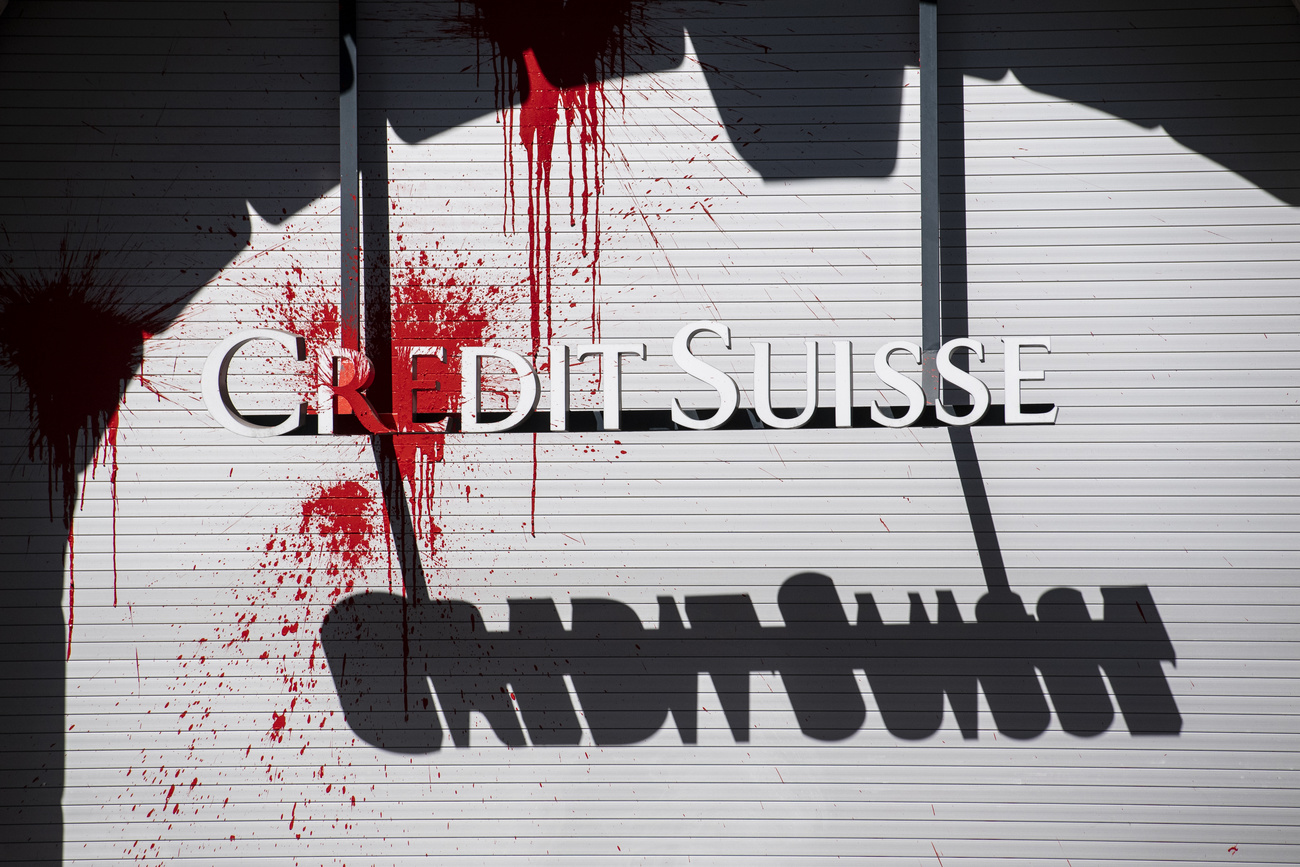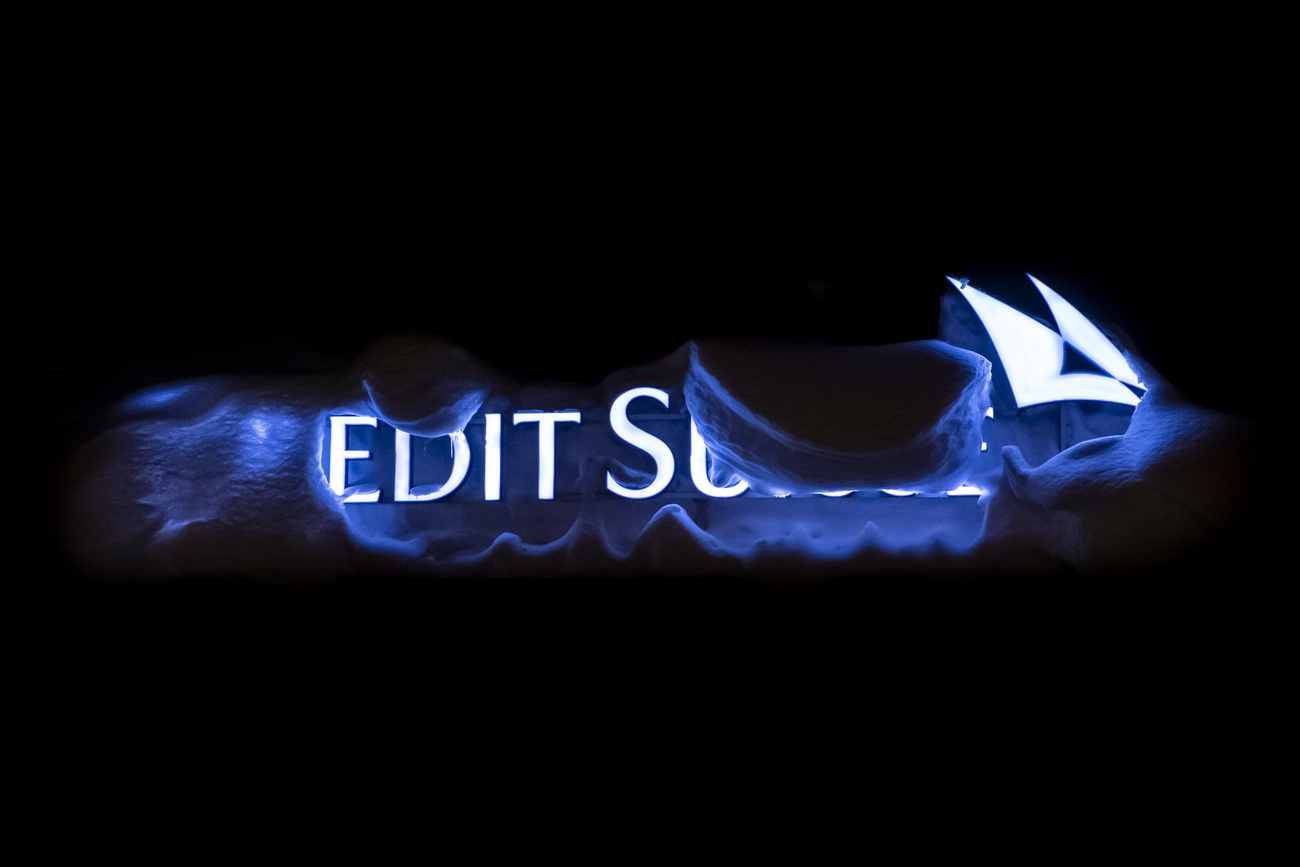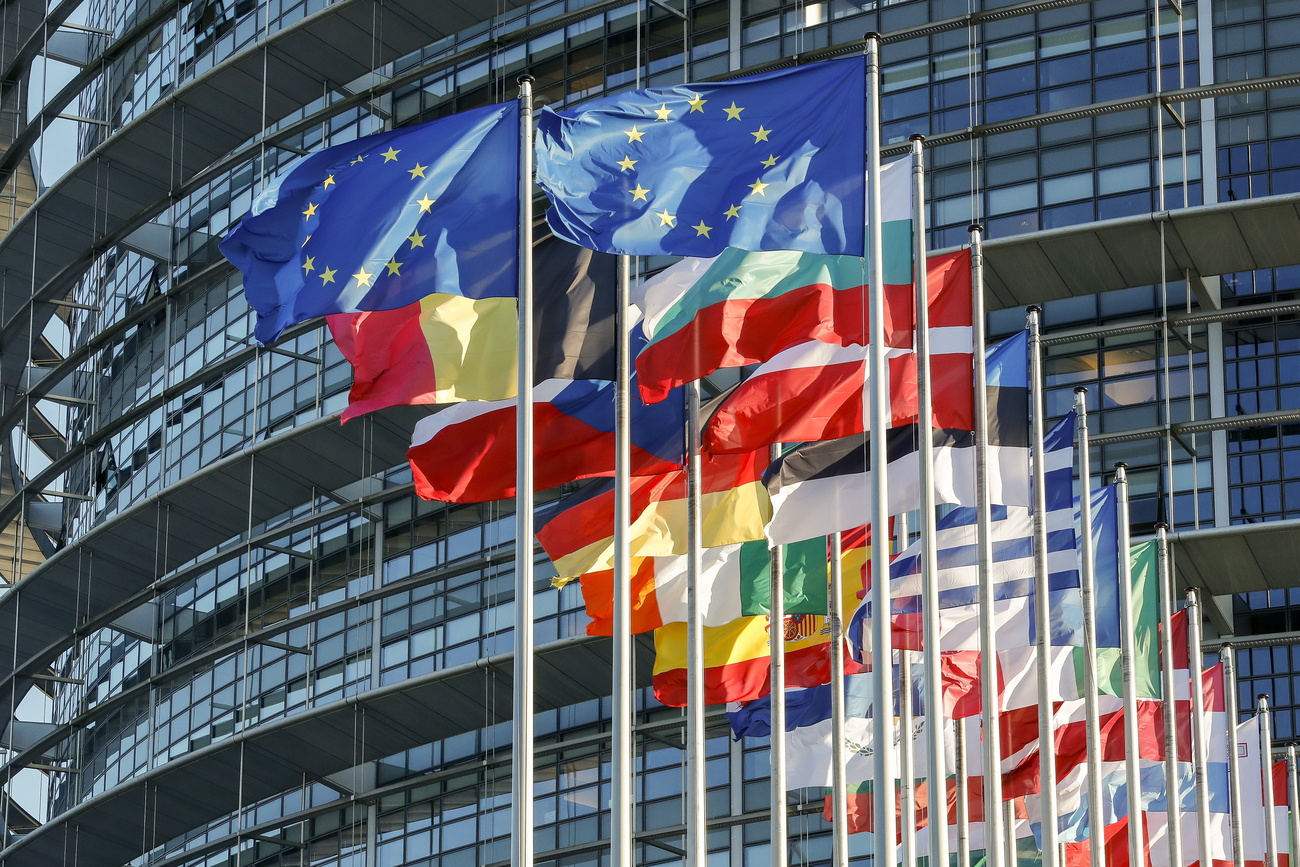Swiss parliamentarians refuse to overhaul banking secrecy laws

Despite earlier criticism from a United Nations expert and campaign groups, a Swiss parliamentary committee on Friday blocked an attempt to overhaul strict Swiss banking secrecy rules.
An addition to Article 47 of Switzerland’s Banking Act makes it a criminal offence to disclose information about a bank’s clients, even if it is in the public interest. It means whistleblowers and journalists who report on potential wrongdoing can be prosecuted.
Switzerland has been criticised over press freedom rules after the law introduced in 2015 led the media group, Tamedia, to withdraw from an international investigation into a trove of Credit Suisse client data, published by a consortium of journalists in February as the “Suisse Secrets”.
A parliamentary committee on Friday said it had rejected two motions seeking to revise the bank secrecy rule that has drawn criticism, which would have tasked the government with “reversing the threat to press freedom and the protection of journalists and whistleblowers” that had resulted from it.
“From the point of view of the majority of the committee, there is no need for legislative action because Swiss banks have developed considerably in recent years with regard to the prevention of money laundering and other white-collar crime,” the Economic Affairs and Taxation Committee said in a statement.
It added that a change of law would run the risk of “encouraging public prejudgments against private individuals”.
The Article 47 legal amendment states that anyone who discloses to “additional persons” information originally obtained from an employee or entity working for a bank in violation of bank secrecy can be punished by up to three years imprisonment or a fine.
UN Special Rapporteur for Freedom of Opinion and Expression Irene Khan wrote to Bern in March to voice concern that there were no explicit exemptions for journalists or whistleblowers.
“This paralyses freedom of expression and media freedom, as well as impeding the free flow of information,” she wrote in a letter Reuters reported.
Kahn said in an interview on Monday with the Tages-Anzeiger newspaper that the banking law violates human rights and is an example of the “criminalisation of journalism”.

More
Swiss banking secrecy law clashes with freedom of speech

In compliance with the JTI standards
More: SWI swissinfo.ch certified by the Journalism Trust Initiative




You can find an overview of ongoing debates with our journalists here. Please join us!
If you want to start a conversation about a topic raised in this article or want to report factual errors, email us at english@swissinfo.ch.